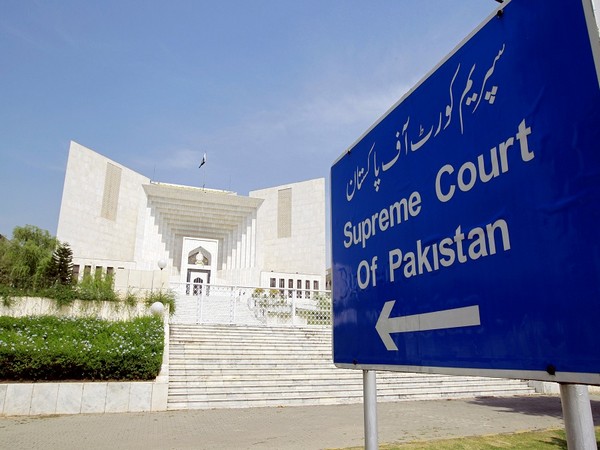ISLAMABAD: The Supreme Court on Saturday ruled that the Federal Board of Revenue cannot arrest or begin criminal prosecution against taxpayers for recovering dues without first determining their tax liability through proper legal procedures.
In a judgement authored by Justice Aqeel Ahmed Abbasi, the court stated that without an investigative audit, issuance of a show-cause notice, or providing an opportunity to respond, actions such as registration of FIRs, initiation of criminal proceedings, and arrests are beyond jurisdiction and without lawful authority.
Justice Abbasi was part of a three-judge bench hearing a set of appeals against rulings by the high courts of Lahore, Sindh, and Islamabad. The case involved the interpretation of Section 37A of the Sales Tax Act, 1990, in relation to the legality of arrests and criminal proceedings in alleged tax fraud cases.
The court referred to the Lahore High Court’s earlier decision, which held that unless tax liability is assessed under Section 11 of the Act, criminal proceedings, FIRs, and arrests by tax authorities are not legally valid. The high court had quashed such proceedings, declaring them unconstitutional and beyond the limits of lawful authority.
The LHC had dealt with multiple petitions arising from criminal proceedings against 134 individuals, based on allegations of involvement in issuing fake sales tax invoices. These invoices were allegedly used to claim illegal input tax adjustments, resulting in an estimated tax fraud of Rs7.5 billion involving 144 dummy suppliers.
The Supreme Court noted that the Sales Tax Act does not empower tax authorities to assume liability or initiate criminal action without going through formal assessment procedures. The court added that in a democratic system, tax imposition must follow legal and constitutional processes and must not infringe on fundamental rights.
The judgement said tax liability must be determined through assessment or adjudication before any recovery or criminal action is taken. It explained that criminal proceedings, including FIRs and arrests, require proof of wilful default and intent to commit fraud.
The court ruled that penal actions under Sections 33, 37A, and 37B of the Sales Tax Act cannot be applied without first making a lawful tax demand based on assessment. It concluded that such actions, if taken without following due process, are beyond jurisdiction and lack lawful authority.
The court allowed the appeals and invalidated arrests and criminal actions taken by tax authorities that were not preceded by proper assessment.




